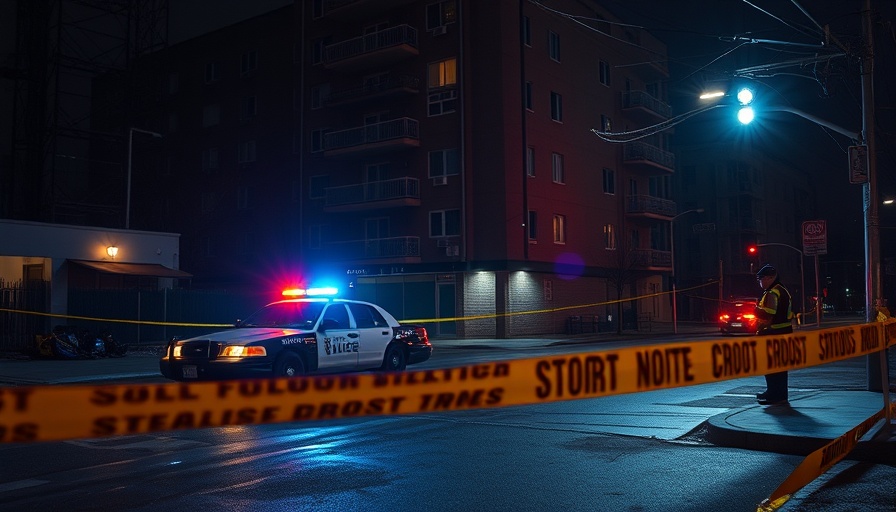
Erik Menendez Returns to Prison: A Reflection on Health and Justice
In a surprising turn of events that has captured headlines yet again, Erik Menendez has returned to prison following hospitalization due to severe kidney stones. The news has reignited discussions surrounding the infamous Menendez brothers, whose story continues to evoke strong feelings and various opinions.
The Menendez Brothers' Legacy
For those unfamiliar, Erik and his brother, Lyle, gained notoriety in the early 1990s after being convicted for the brutal murder of their parents in Beverly Hills. Their trial was sensational, filled with details of their privileged upbringing and the psychological trauma they claimed led them to commit such a grisly act. Over the years, their story has evolved from a shocking crime to a complex narrative involving mental health, family dynamics, and the quest for justice.
The Current Situation: Health Challenges
Erik's recent health scare highlights the difficulties he faces even behind bars. Kidney stones, though common, can cause significant pain and complications, raising questions about the healthcare systems in jail and how they affect inmates. It also spots a light on the idea of prisoners receiving humane treatment, especially those like Erik who have been in the system for quite some time.
Is There More to the Story?
The Menendez brothers’ case isn't just about murder; it brings forth discussions about mental health and upbringing. Many advocates argue for a better understanding of psychological issues that can arise from traumatic childhoods, suggesting that Erik's health challenges might reflect a man who has faced a difficult life. How does society view individuals who commit crimes under duress? It's a conversation that continues to unfold.
Shifting Perspectives on Crime and Punishment
Public opinion on the Menendez brothers has evolved. While initially seen purely as murderers, many now consider them victims of their circumstances. The narrative has shifted towards understanding the broader implications of crime, punishment, and rehabilitation. As Erik faces ongoing health issues, it raises questions: should we see him as a dangerous criminal, or a person shaped by circumstances beyond his control?
Community Insights: Ties to Houston
This case, while specific to California, resonates nationwide, including in our own Houston community. Local discussions about justice reform, mental health resources, and how families are affected by crime are paramount. The Menendez brothers remind us to look deeper into why people act and how they can be supported, especially when grappling with trauma.
The Future of Erik Menendez
What does this hospitalization mean for Erik's future? As he navigates health challenges within the prison system, the broader implications of his case may continue to influence conversations around incarceration, legality, and the mental health of offenders. Will Erik have the opportunity for rehabilitation, or will he remain trapped in a penal system that often fails to accommodate the needs of those it houses?
Conclusion: A Broader Conversation Awaits
As Erik Menendez returns to prison post-hospitalization, his experience echoes the struggles of many individuals in the justice system today. It invites us all to discuss and reflect on what justice truly means. It's essential to engage our community in learning more about the intersections of crime, mental health, and our responsibility toward rehabilitation.
For further discussions and insights on community issues and events, stay tuned and get involved in local forums, reflecting on how we can make a difference together.
 Add Row
Add Row  Add
Add 




Write A Comment